
During summer native wildlife face significant challenges due to heat stress events just like human and domestic animals do.
Species such as koalas, kangaroos, possums, bats, and various bird species are particularly vulnerable, as they struggle to find adequate food, water, and shelter while coping with elevated temperatures.
Heat stress can lead to dehydration, heatstroke, and even death. Conservation efforts are crucial in providing support, such as supplementary water sources and habitat management, to help wildlife adapt and survive during these intense heat periods.
Signs of Heat Stress
What can you do to help?
Put out small, shallow containers of water at various levels. Place sticks and rocks in water bowls to prevent small animals from drowning. Replenish the water regularly and avoid placing it in direct sunlight as water can quickly reach undrinkable temperatures or evaporate.
Provide artificial shade for wildlife to escape the heat. Nocturnal species may leave the safety of burrows or nests during heatwaves in search of water and may need a safe place to rest and recover.
Create cool environments by misting trees and shrubs
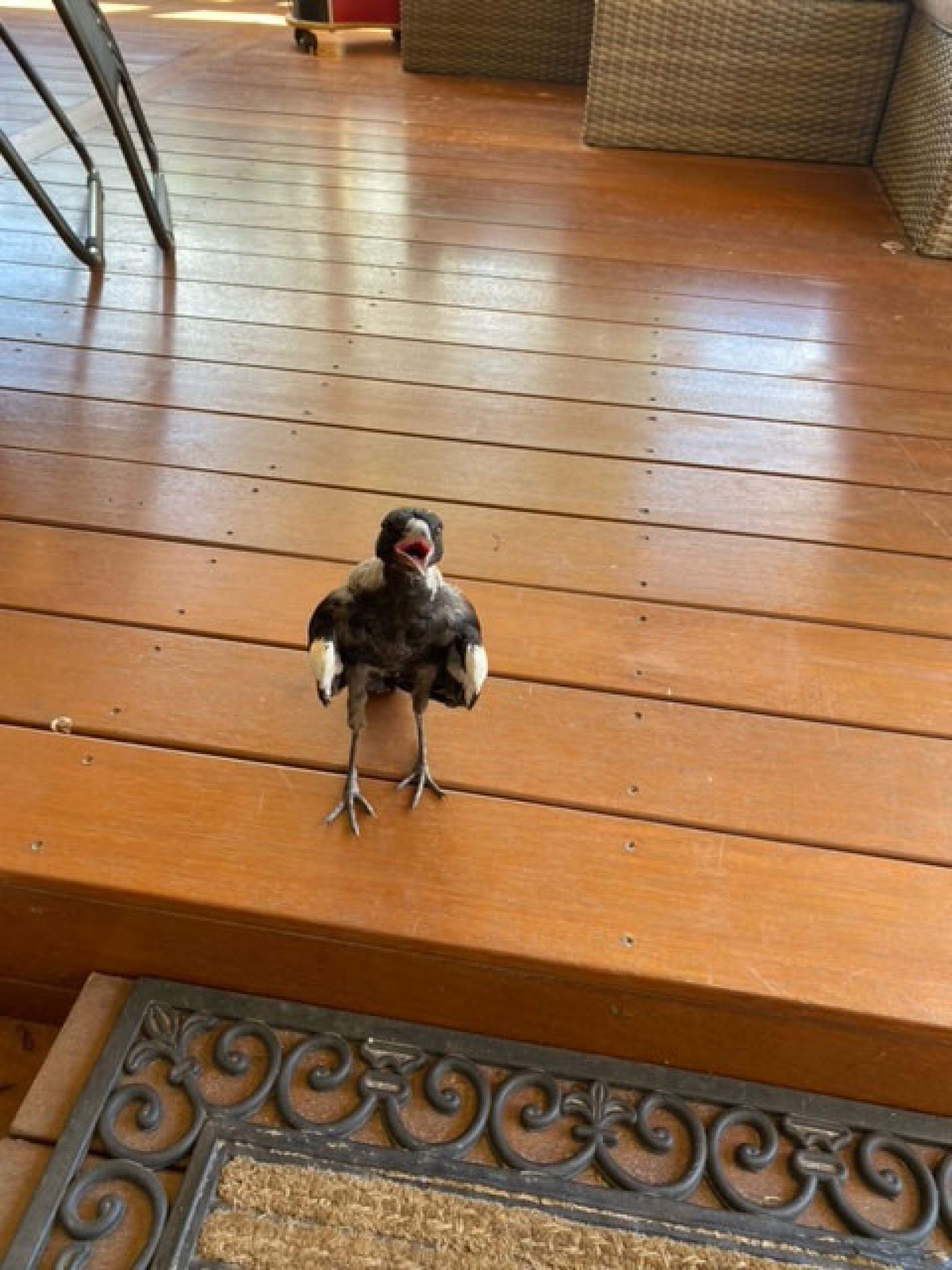

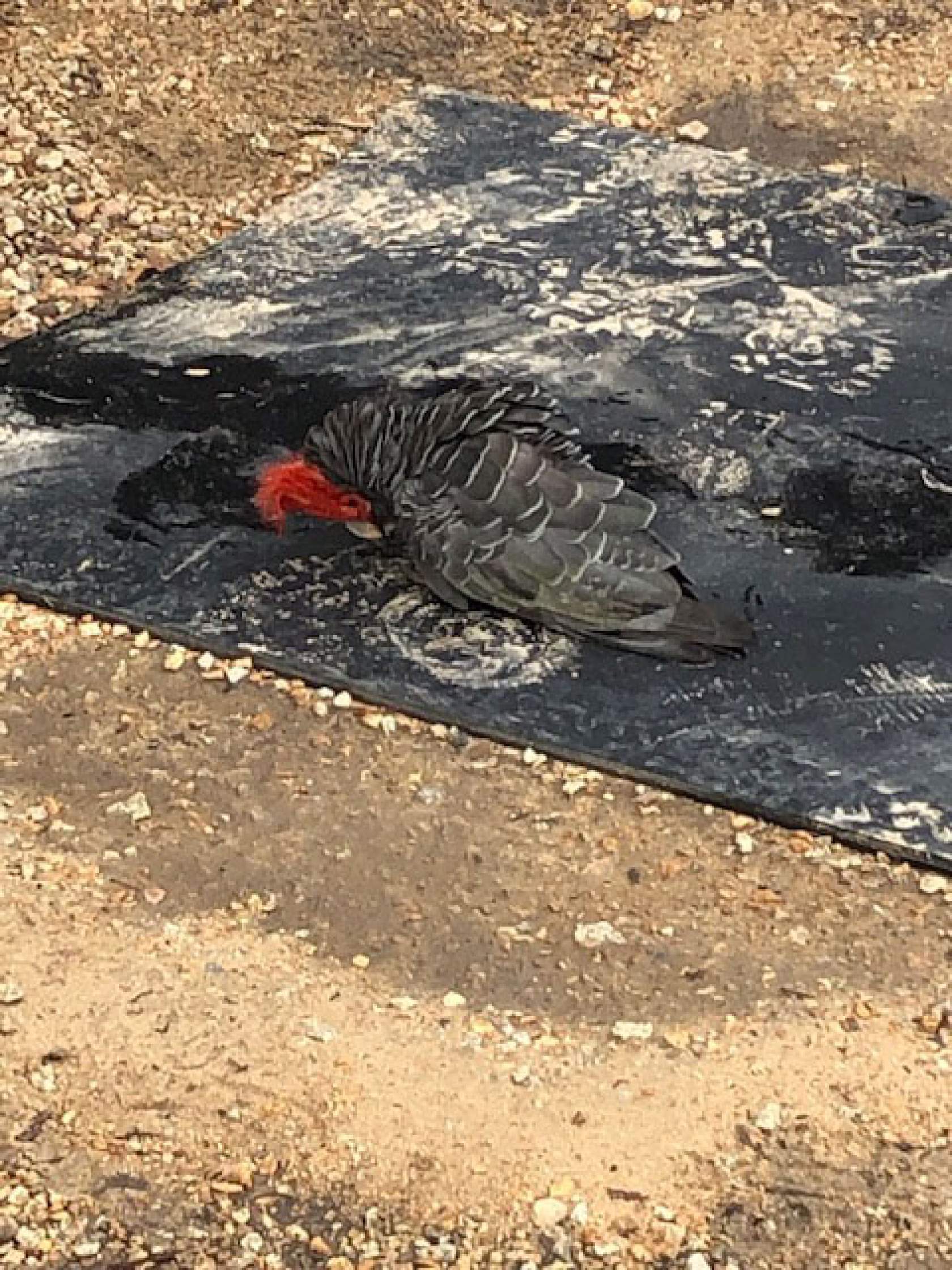
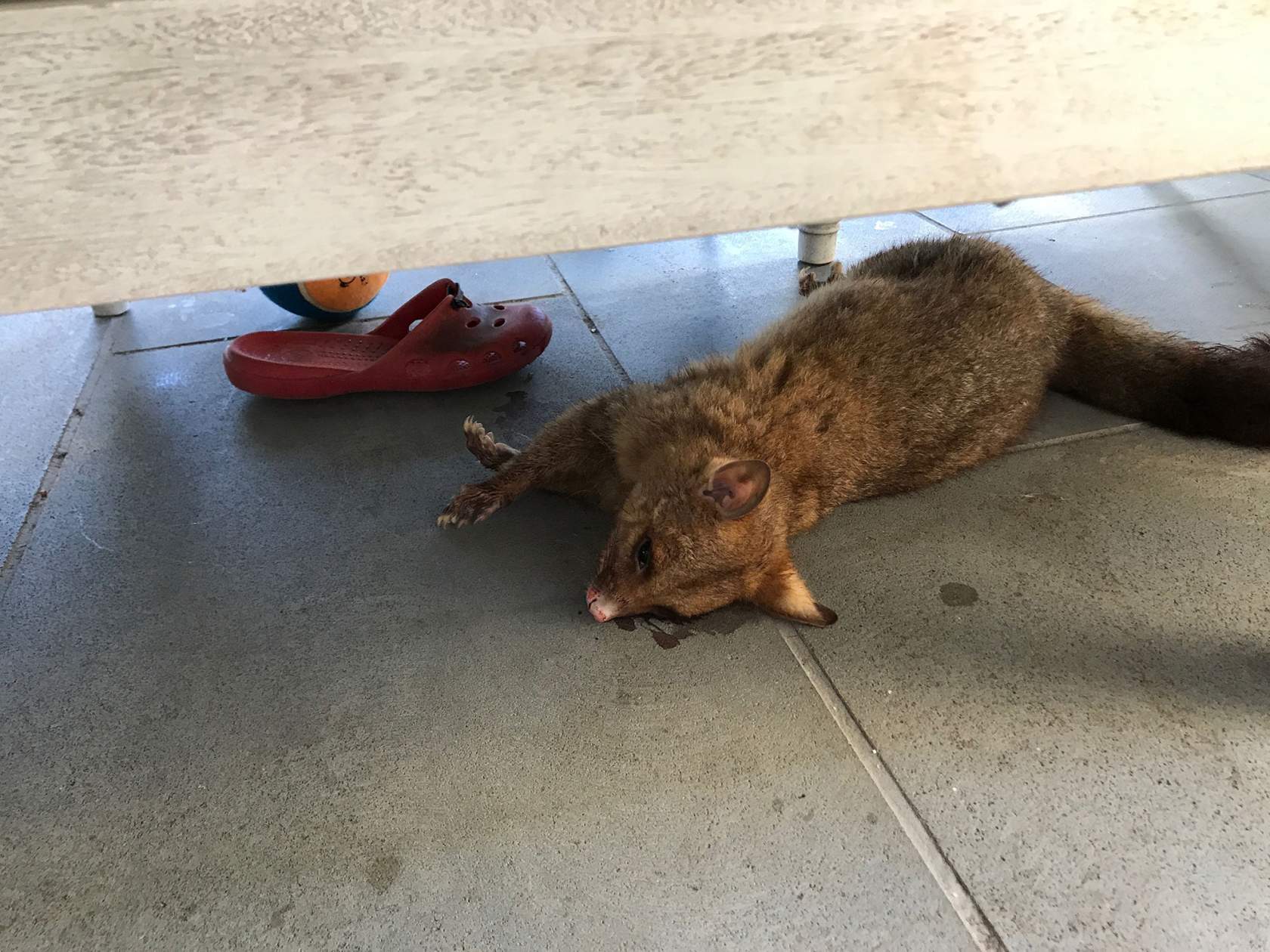
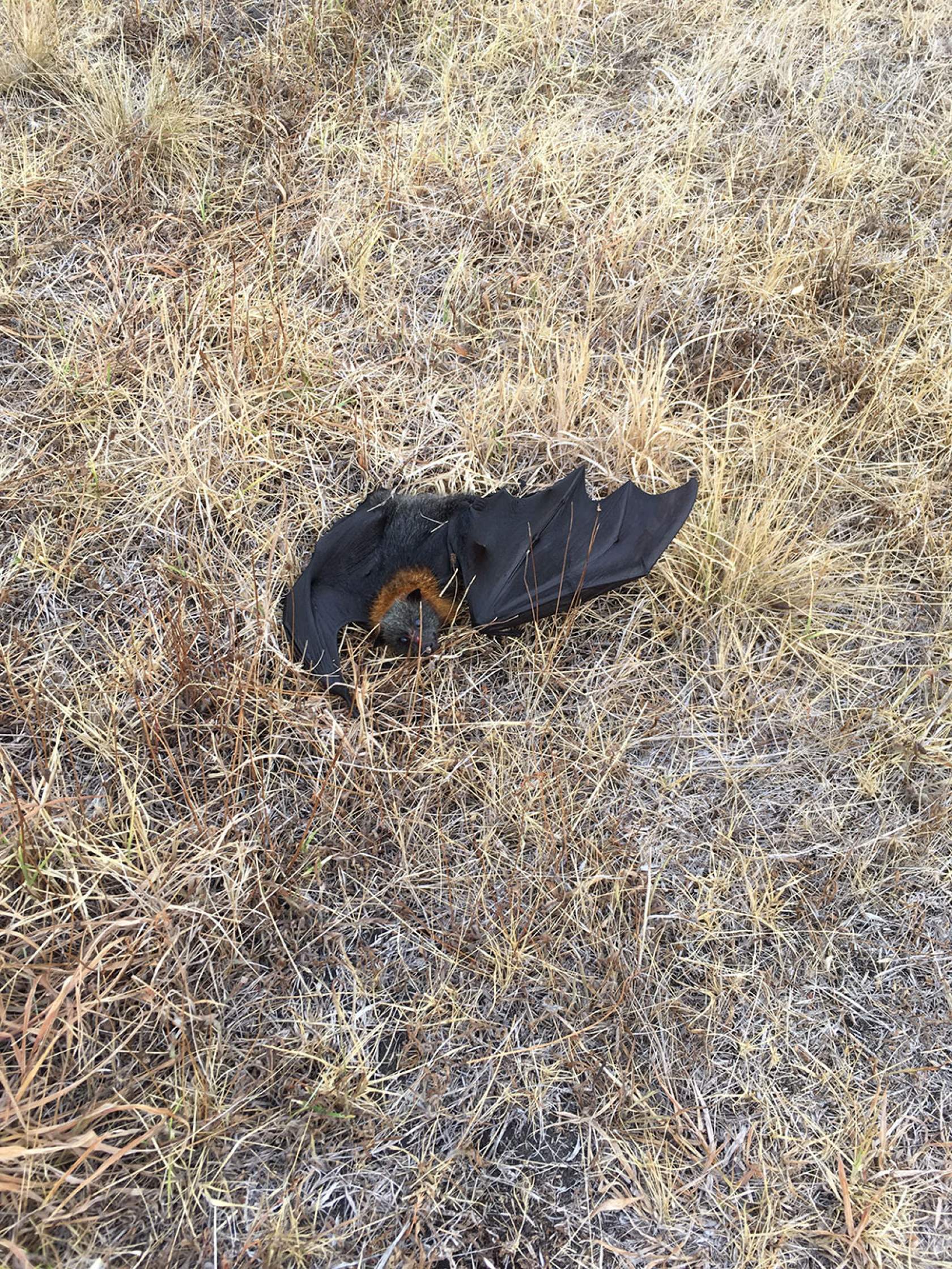
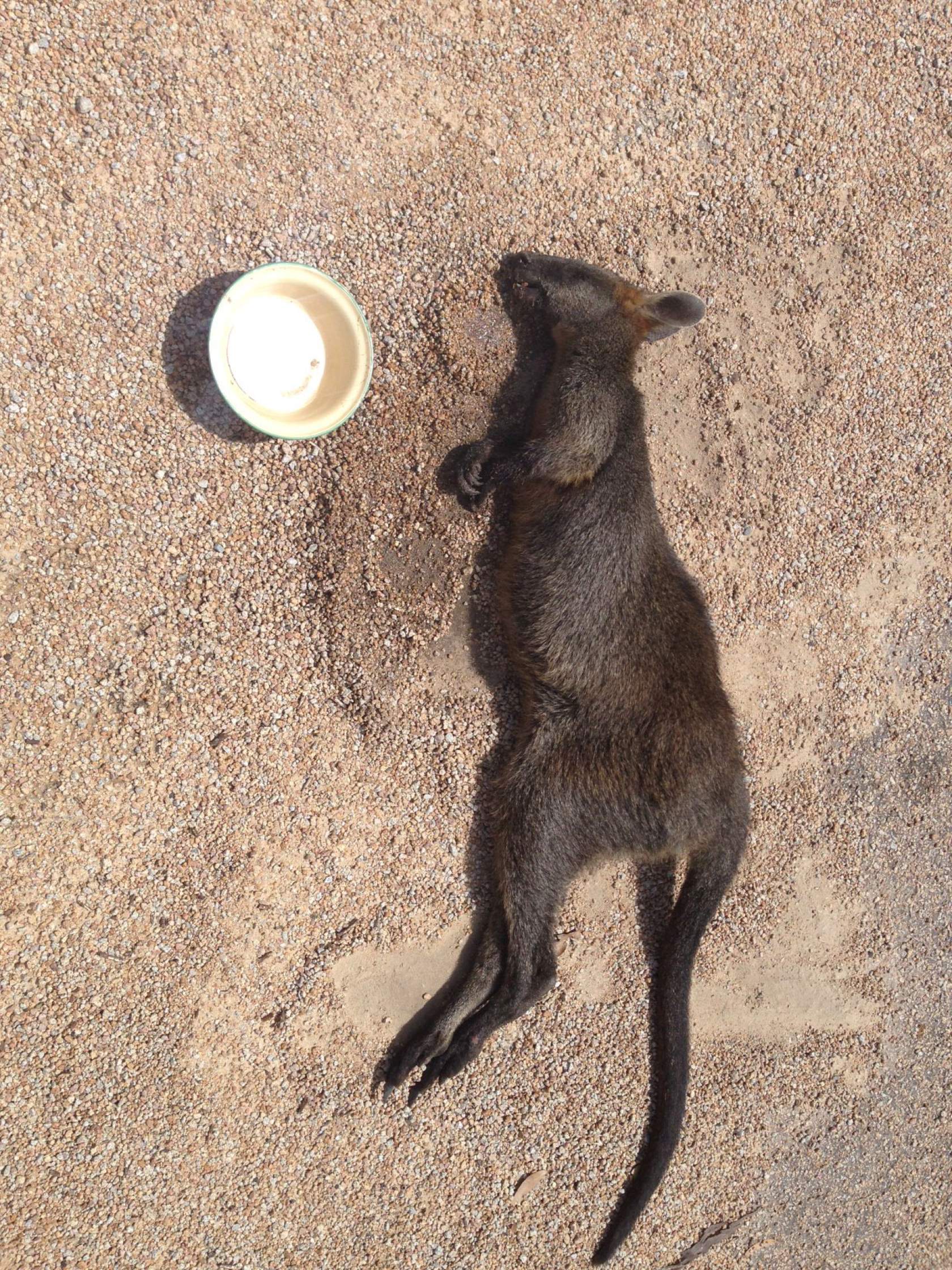
If you encounter a heat-stressed possum or bird, gently pick up the animal using a towel and protective gloves and place it in a secure box located in a cool, dark, and quiet indoor area, away from direct heat. Ensure the box has ventilation holes and avoid wrapping the animal in anything so they have a chance to cool down. Once the animal is contained, please contact Wildlife Victoria’s Emergency Response Service on (03) 8400 7300 for guidance.
DO NOT try to touch or contain a grey-headed flying fox. Call Wildlife Victoria immediately to report a heat stress effected flying fox and we’ll dispatch a trained and experienced volunteer to attend.
It is important that you do not try and directly give the animal any food or water, as it is very easy to cause them to aspirate (choke). You may provide them with a shallow bowl of water nearby that they can lap if they are well enough, but do not put anything directly in their mouth.
If you encounter a heat-stressed native animal, please call Wildlife Victoria’s 24/7 Emergency Response Service on (03) 8400 7300.
We hope that by increasing your understanding and awareness of our beautiful wildlife, you will feel empowered to manage wildlife situations confidently and in an informed, safe and appropriate manner. For support at any time, please call our 24/7 Emergency Response Service on (03) 8400 7300.
